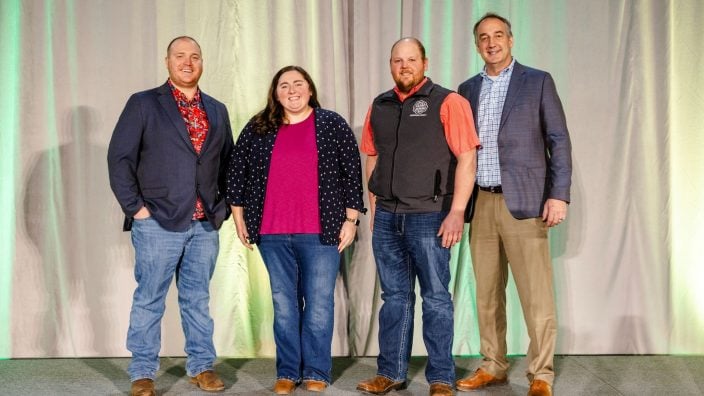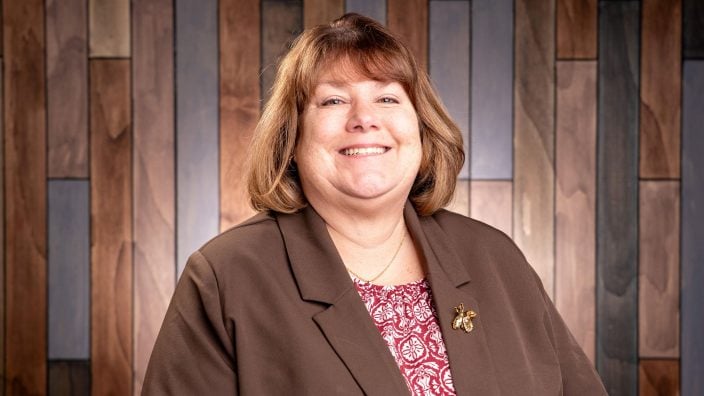Applications for Ohio Farm Bureau Health Plans now available
Members have three ways to apply: contacting a certified agent, calling 833-468-4280 or visiting ohiofarmbureauhealthplans.org.
Read MoreOn Thursday, Gov. Mike DeWine announced that on June 26, Ohio will be ending the supplemental unemployment aid from the federal government. The unemployment checks, totaling $300 per week, were part of the Federal Pandemic Unemployment Compensation program.
“When this program was put in place, it was a lifeline for many Americans at a time when the only weapon we had in fighting the virus was to slow its spread through social distancing, masking and sanitization,” DeWine said. “That is no longer the case. That is no longer our only tool in this fight. This assistance was always intended to be temporary.”
The Coronavirus Aid, Relief and Economic Security (CARES) Act bolstered states’ capability to assist workers who were not eligible for unemployment benefits through unemployment insurance. The act was originally signed by President Donald Trump and featured $600 weekly checks. President Joe Biden extended the act before the December 2020 expiration as part of the American Rescue Plan, with a lower $300 per week benefit amount.
“The unemployment supplement from the federal government helped many Ohioans get through a very challenging time, but it was intended to be a short-term solution,” said Ohio Farm Bureau Executive Vice President Adam Sharp. “As businesses continue to do their best to respond to the growing demand across the food and farm sector, there are plentiful opportunities for the state’s workforce to get back on the job to help Ohio’s economy return to pre-pandemic levels. We appreciate Governor DeWine taking the steps needed for the long-term success of Ohio’s employers and their employees.”
The governor said this decision was made due to many sectors dealing with labor shortages, adding that the June 26 deadline allows enough time for anyone wanting to be vaccinated to do so before returning to work.


Members have three ways to apply: contacting a certified agent, calling 833-468-4280 or visiting ohiofarmbureauhealthplans.org.
Read More

Legacy nutrient deductions enable new farmland owners to claim deductions on the nutrients within the soil on which healthy crops depend.
Read More

Farmers, agribusinesses and community members are encouraged to nominate their local fire departments for Nationwide’s Nominate Your Fire Department Contest through April 30.
Read More

Introduced by Sen. Paula Hicks-Hudson, SB 120 would establish the Urban Farmer Youth Initiative Pilot Program.
Read More

Gases, vapors, and fumes can all create risk. How can we measure and protect ourselves from them?
Read More

The Ohio Farm Bureau’s Young Agricultural Professionals State Committee has named its 2026 leadership and the individuals who will be serving on the state committee for 2026-2028.
Read More

The Ohio Farm Bureau Foundation has multiple scholarships available to Ohio students from rural, suburban and urban communities who are pursuing degrees with a connection to the agricultural industry.
Read More

With 100% bonus depreciation now permanent, farmers can deduct the full cost of a new agricultural building in the year it’s placed in service.
Read More

Lincoln Deitrick was named the Outstanding Young Farmer, Denver Davis won the Excellence in Agriculture Award, and Margaret Houts won the Discussion Meet.
Read More

Michelle Downing of Franklin County has been named finance director of county operations for Ohio Farm Bureau.
Read More